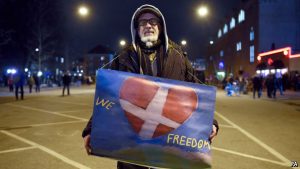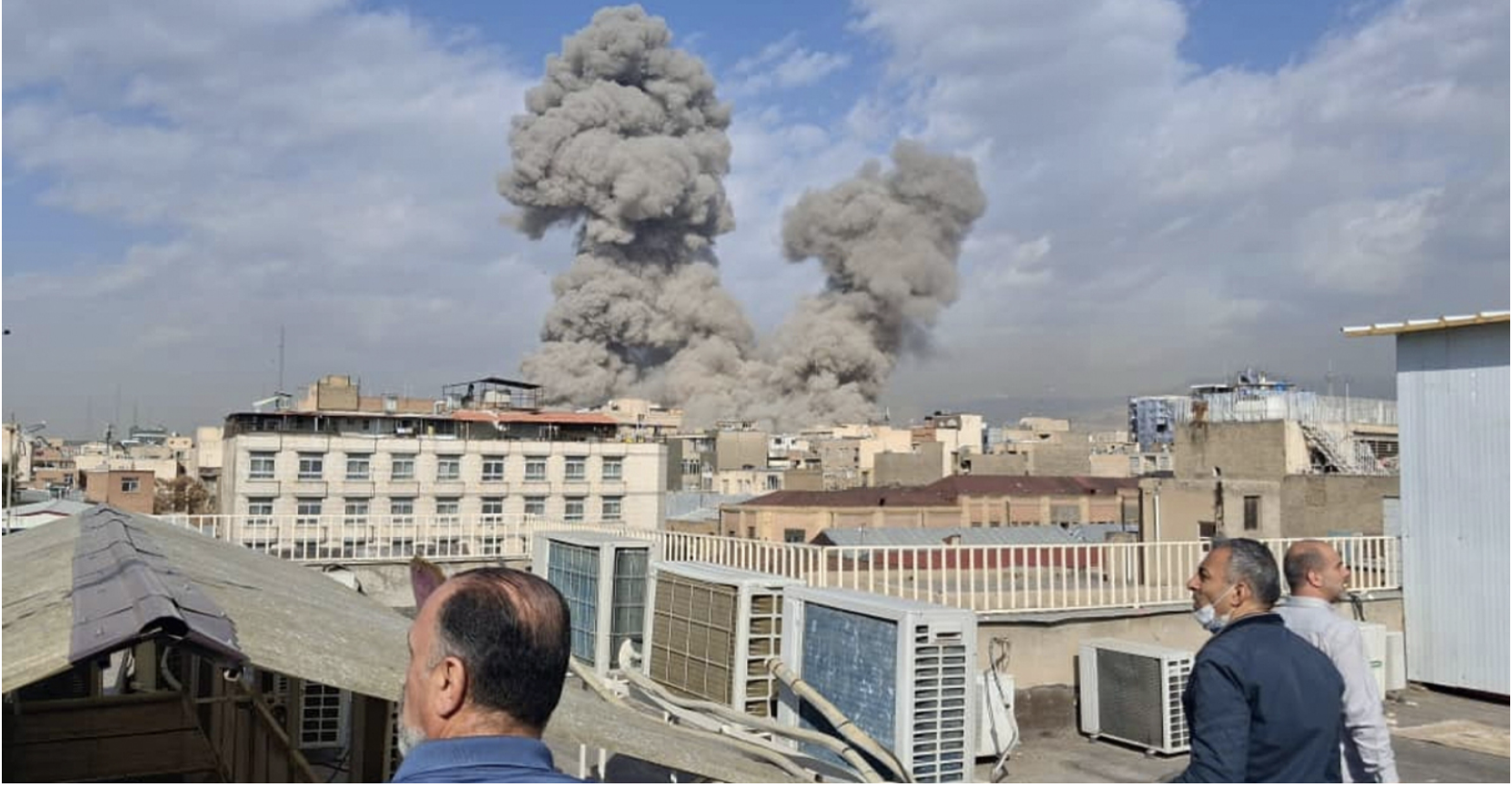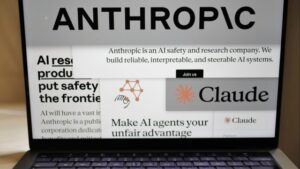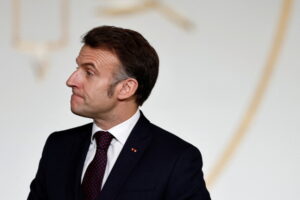In Denmark, in recent weeks, the issue of free speech has figured prominently in the news.
This March, an outspoken critic of Islam, Jaleh Tavakoli, Danish-Iranian blogger and author of the book, Public Secrets of Islam, was threatened by the Social Supervisory Authority (Socialtilsyn Øst) that her foster-daughter would be removed from her care after Tavakoli shared an online video of the rape and murder by Islamic State terrorists in Morocco of two Scandinavian young women. She was informed in a letter that the government agency’s approval of her husband and her as foster parents – they had been raising the 8-year-old since she was a newborn baby – had been rescinded and that the girl might be taken away from them, as the authority did not consider them to “have the necessary quality to have children in your care.” The letter also said:
“As a generally approved foster family, one assumes a special task in relation to taking care of children with special needs, so that the family’s morality or ethics must not be questionable to any significant extent”.
In its letter, the Social Supervisory Authority mentioned that Tavakoli has been charged – but not convicted – under Danish criminal law for sharing the video of the jihadist murder of Louisa Vesterager Jespersen. Under Danish law, it is illegal “improperly to disclose messages or images relating to someone else’s private affairs or otherwise pictures of the person… in circumstances which it may be… required to keep out of the public [sphere]”.
Tavakoli explained that she shared the video because the international media was reporting that the Danish woman had been beheaded, while no such information was to be found in the Danish media.
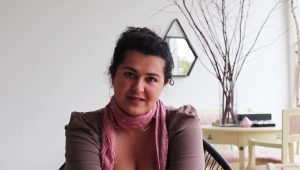
(Jaleh Tavakoli is a Danish-Iranian blogger, an outspoken critic of Islam, and author of the book, “Public Secrets of Islam”. Denmark’s Social Supervisory Authority has threatened to remove Tavakoli’s foster child from her care, not because there is the slightest suspicion of ill-treatment of the child, but because of Tavakoli’s exercising her freedom of speech)
The Social Supervisory Authority wrote to Tavakoli:
“It can be problematic for your foster child that you, Jaleh, are charged with a serious offense as a result of your video sharing as part of your public participation [in the] debate … the way you, Jaleh, have chosen to expose yourself and communicate politically in the current case of sharing a violent video… and the fact that you appear in the public debate… in leading Danish media, both printed and electronic, can compromise your role as a foster parent… that you, Jaleh, as one of the primary role models for your foster child is so heavily exposed and in this connection has passed on a very violent video, may constitute a complicated situation for your foster child… That you, Jaleh, through your behavior on social media in the present case, [do not] act as the ‘digital role model’ a foster parent must be… In this context, your activities may confuse and cause serious doubts in a child about how to act in the digital universe…”
Read more HERE
Ask me anything
Explore related questions
